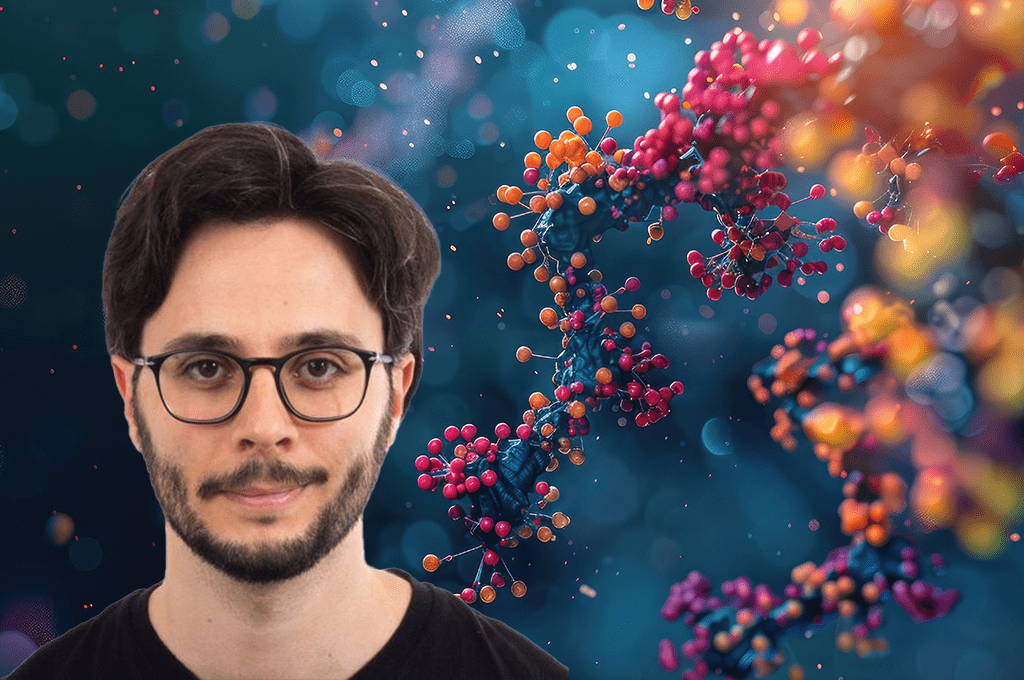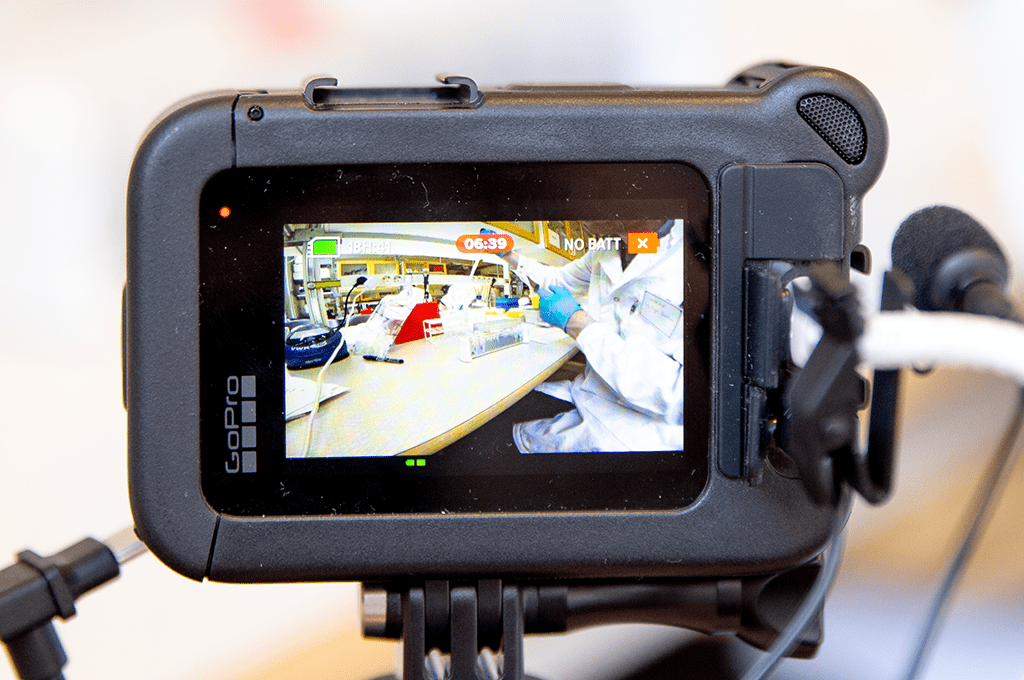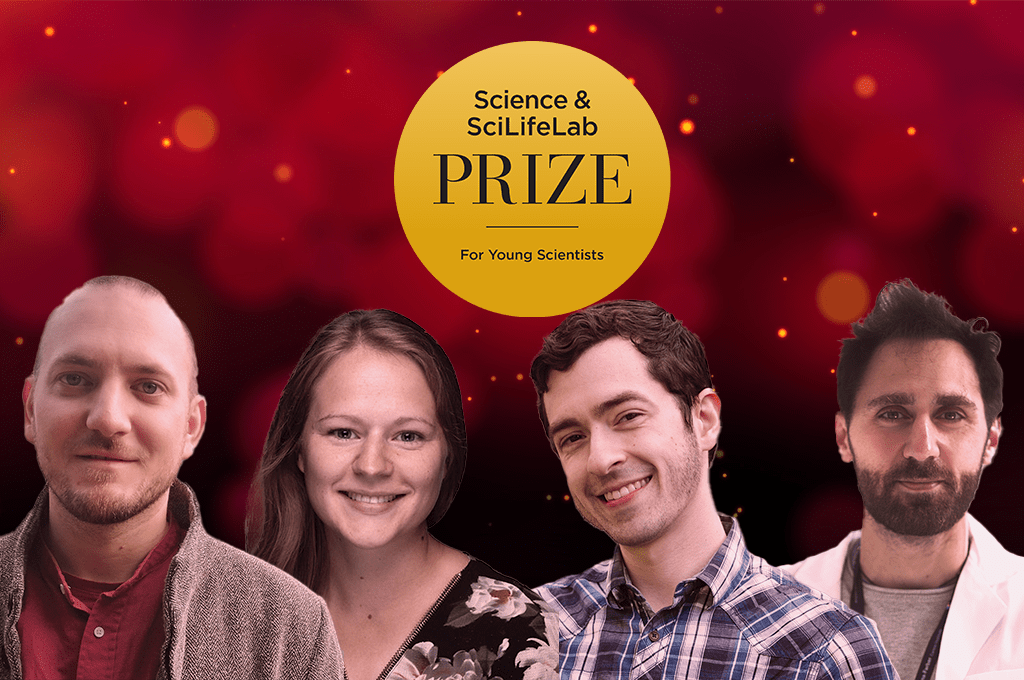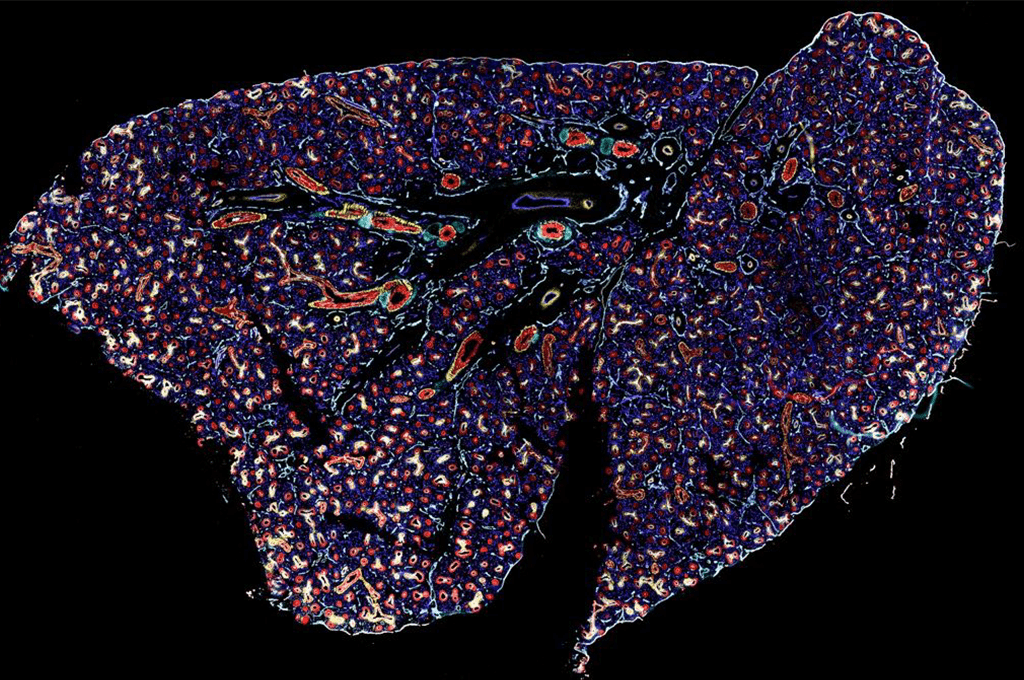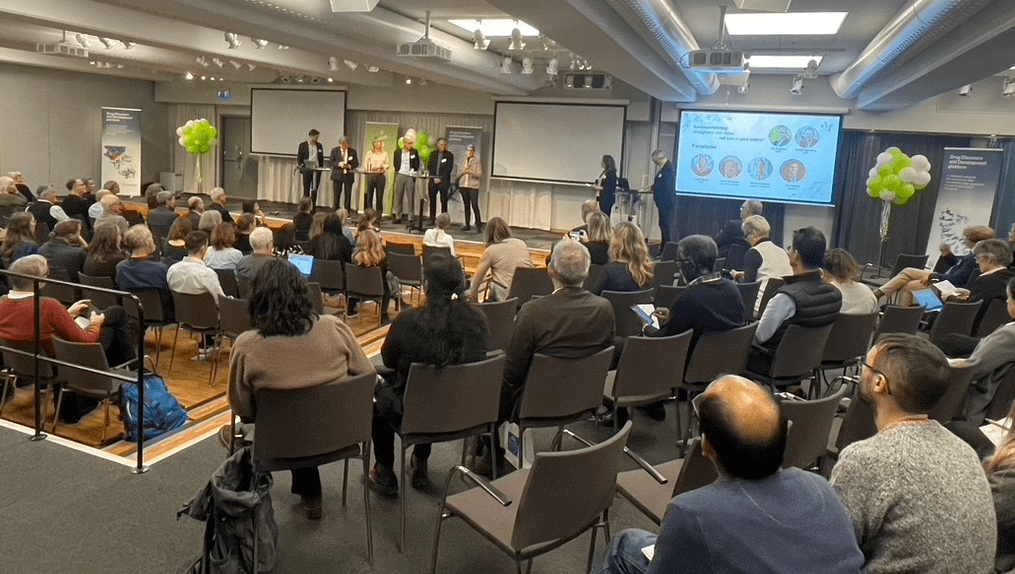SciLifeLab researchers build on Nobel prize-winning advances in AI for protein design and prediction
The Nobel prize in chemistry 2024 is awarded jointly to David Baker “for computational protein design”, and to Demis Hassabis and John Jumper “for protein structure prediction”. Protein prediction is a hot topic also at SciLifeLab, where researchers published a paper on the development of a new version of AlphaFold to better integrate the predictions with experimental information coming from Cryo-EM and NMR experiments, the very same day the Nobel Assembly announced the Nobel awardees.
“This prize emphasizes that computational methods can have a tremendous impact on biological research, and we see fascinating new opportunities now at SciLifeLab in combining cutting-edge experimental protein structure data with advanced machine learning applications in new and creative ways.” says Björn Nystedt, co-director of the SciLifeLab Bioinformatics platform NBIS.
Much like for this year’s Nobel Prize in Physics, the prize in chemistry is another example of how Artificial Intelligence and Machine Learning are incredibly useful tools in research. The ability to predict the structure of proteins and how proteins interact with each other and other molecules has always been a fundamental goal in life science, as it deepens our understanding of how these molecular machines work and, in some cases, break down due to diseases. Similarly, designing artificial proteins could soon help us cure some of these diseases.
“DeepMind’s AlphaFold and Baker lab’s work have taken us very close to achieving both these goals and today enable SciLifeLab to take further steps towards fully achieving them. For example, a lot of research in SciLifeLab is not only now aided by AlphaFold, but we are actively developing new versions of it, for example to better integrate the predictions with experimental information coming from Cryo-EM and NMR experiments in close collaboration between the Bioinformatics, the Integrated Structural Biology and the Cellular and Molecular Imaging platforms. Today, we actually published a paper on this very topic” says Claudio Mirabello, bioinformatician at SciLifeLab National Bioinformatics Infrastructure Sweden and Linköping University.
SciLifeLab fellow Jens Carlsson, Uppsala University has a research interest in atomic-level understanding of protein-ligand interactions using computer models, mainly G protein-coupled receptors (GPCRs), which are involved in essential physiological processes and the targets of numerous therapeutic drugs. His team has used AI based tools for protein structure prediction to develop novel strategies for drug discovery.
“The laureates’ research has led to tremendous breakthroughs in the modeling of the three-dimensional structures of proteins, with numerous potential applications. Our recently published study shows that their methods will accelerate the development of new drugs in the future, and we have likely only seen the beginning of a revolution in this area”, says Jens Carlsson.
SciLifeLab’s bioinformatics platform National Bioinformatics Infrastructure Sweden (NBIS) – The platform brings together expertise in bioinformatics and has developed the next generation of AI-based tools to determine protein structure.
“Protein structure calculations are increasingly important and help to speed up biomedical discoveries. Especially in combination with experimental data, several protein structures have been solved at SciLifeLab and elsewhere.” says Bengt Persson, professor of bioinformatics at Uppsala University and director of SciLifeLab Bioinformatics platform NBIS.
